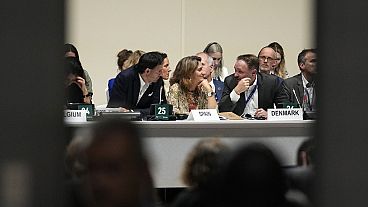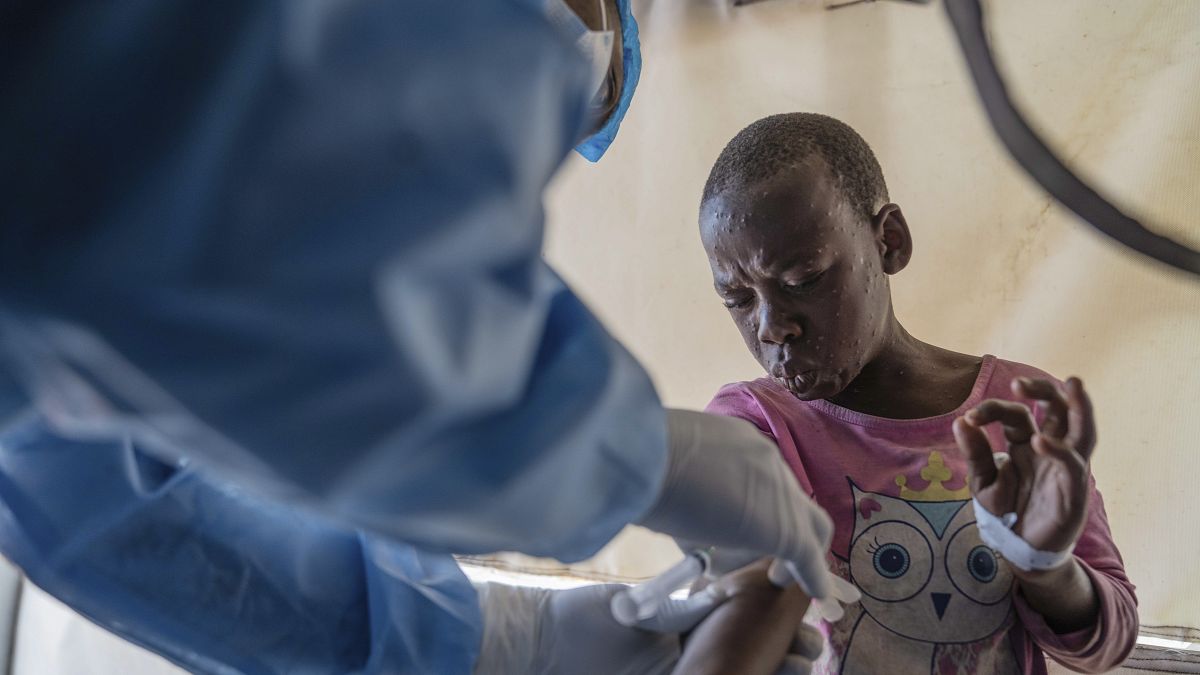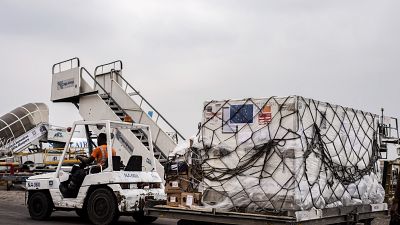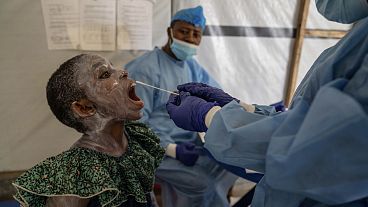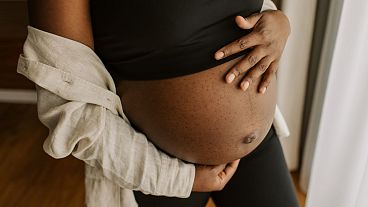The rising death toll due to mpox is "not acceptable," a top health official said.
African countries reported more than 100 mpox-related deaths in the last week, a rising toll that health authorities have described as unacceptable.
“In the one week, we lost 107 [people]. It’s too much. It’s not acceptable,” Dr Jean Kaseya, director-general of the Africa Center for Disease Control and Prevention (Africa CDC), said on Thursday.
There were an additional 3,160 new cases of the virus reported in the last week, according to Africa CDC.
Mpox belongs to the same family of viruses as smallpox but causes milder symptoms like fever, chills, and body aches.
People with more serious cases can develop lesions on the face, hands, chest, and genitals.
Kaseya said there was need for increased testing and resources that countries "cannot rely on only confirmed cases for decision-making and response".
The number of cases has been rising rapidly, World Health Organization (WHO) Director General Tedros Adhanom Ghebreyesus said last month, but until recently there have been relatively few deaths.
The WHO declared mpox a global health emergency last month.
Africa is in the process of receiving vaccines. Some 250,000 doses have already been delivered to Congo, but these are just a fraction of the 3 million doses authorities have said are needed to end the outbreak there, the epicentre of the global health emergency.
EU countries pledged to donate more than 500,000 doses, but the timeline for delivery remained unclear.
The recommended course of vaccination requires two doses. Kaseya said this would still be ideal despite the high level of need, because “we don’t want to compromise on protection of our people".
The director-general said he would be travelling to Congo to get vaccinated when the exercise kicks off in the first week of October “to show the African people and Congolese people that the vaccine is safe".


